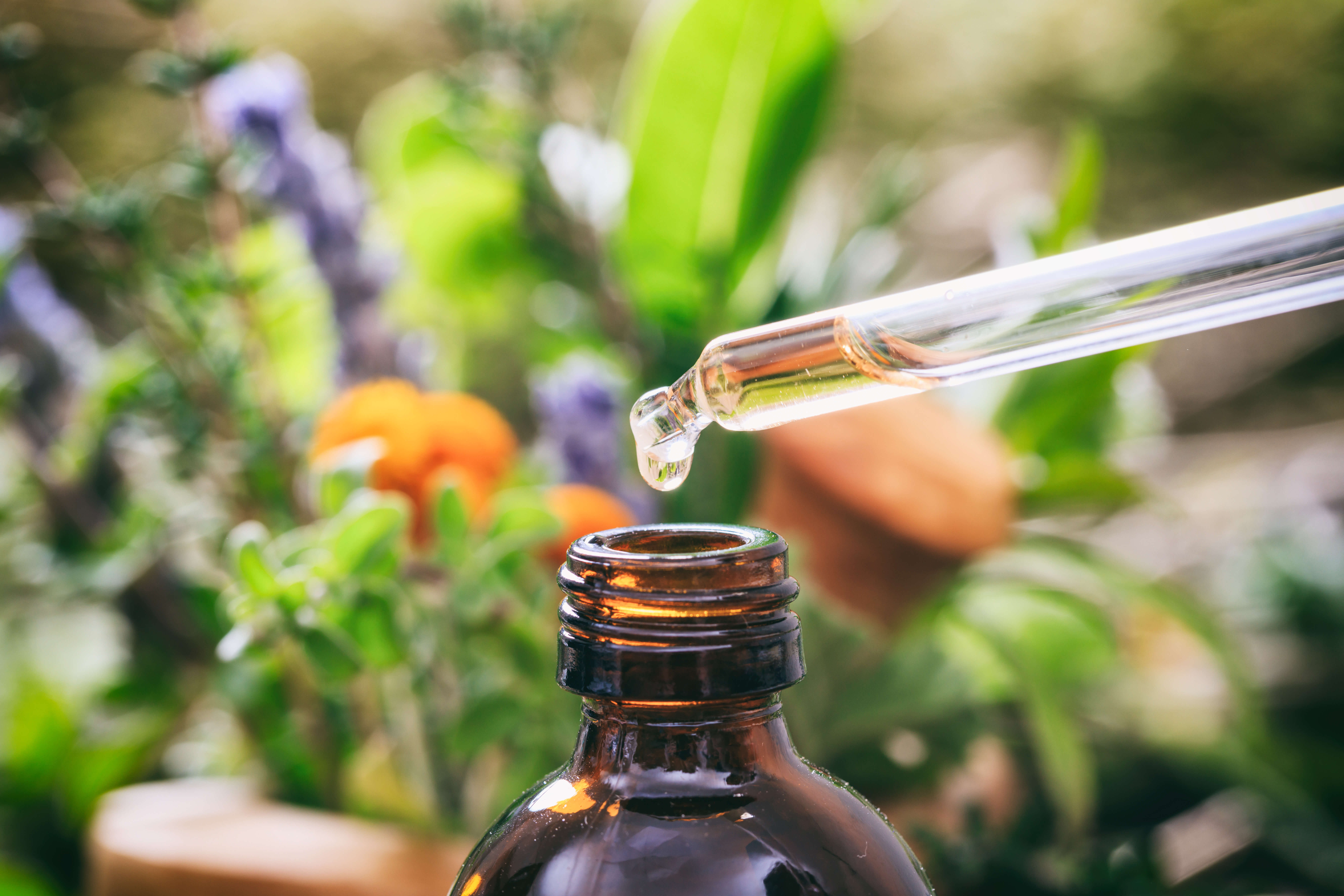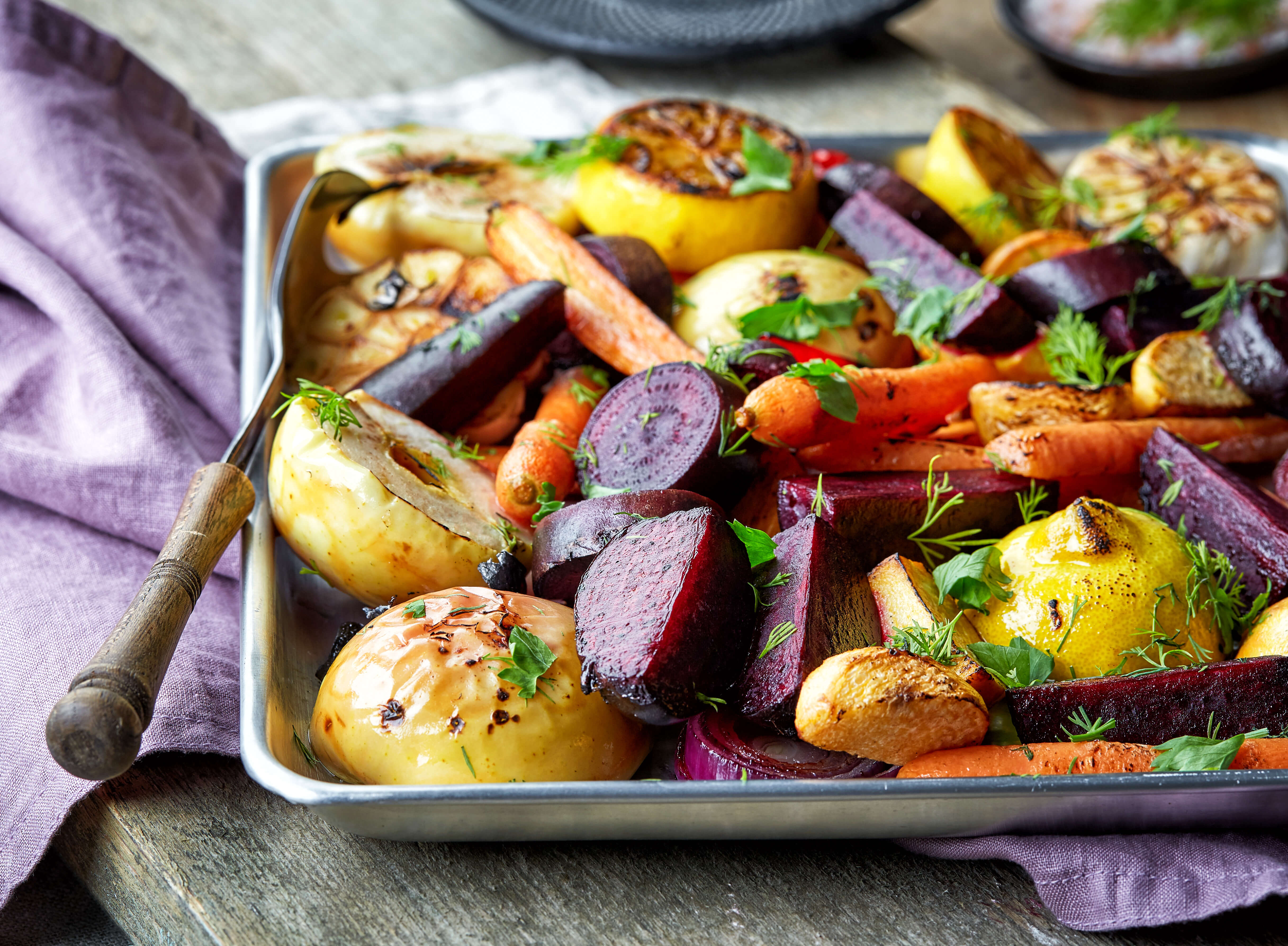We’ve all done it. We know what needs to be done, but we put it off until the last minute. This often leads to sloppy or incomplete work coupled with a big dose of anxiety when we’re under the wire. In honor of National Fight Procrastination Day, let’s talk about 6 ways to fight procrastination.
Prioritize and Know When to Say No
When there are too many tasks facing us, it can be difficult for us to focus on one thing at a time. Start by making a to-do list. Once you have all your tasks listed in one place, start highlighting the ones with the highest priority or the earliest deadline.
It’s also important to know when to say no. We all have just 24-hours a day in our time bank. If we don’t learn to value our own time, the people we work with won’t either. And if you say yes to something you shouldn’t, it may take you away from something that is more worthy of your time.
A good rule of thumb is to never say yes to a new request immediately. (Yes, there are some things to which you can’t say no…don’t take this to the extreme and get yourself fired, okay?) Always give yourself time to contemplate new requests and decide if it is really in your best interest or if it will overtax your time bank. When we spread ourselves too thin, our productivity goes down, our anxiety goes up, and inevitably no one wins.
Set Obtainable Goals
Let’s go back to that to-do list. Choose one highlighted item to complete in a day or other reasonable amount of time. Next to the task, write down your goal completion date or time. This study shows that people who wrote down their goals were far more likely to complete them. You may be able to go through your entire list and set goals at once, or you may just choose a few things to tackle for the next couple days or weeks. Another popular method is to commit to one must-get-done-today project a day and 3-5 less important ones. The point is to set a goal and stick with it.
Eliminate Distractions
Distractions and interruptions can sabotage every effort you make to get things done, especially when working from home. Set aside a time when you know you can focus with minimal distractions. Turn off your phone, ignore your email, and let others know in advance, so that you can really focus for a set amount of time. Even if you can only squeeze in an hour or two of distraction-free time a day, you will be so much more productive when you are not constantly interrupted.
Don’t underestimate the value of taking a break. Step outside for a few minutes of fresh air, do some stretches or light exercise, and stop working to eat a meal or a snack. When you come back to your task, chances are you will have renewed vigor and energy.
Reward Yourself
Some people are also motivated by rewards. Plan ahead and give yourself permission to indulge in something appropriate for the task at hand. If you finally get that closet cleaned out, maybe treat yourself to a new sweater or skirt. All the yard work is done? Spend some time outdoors just enjoying the haven you worked to create. Finished a big presentation for work? Book a massage or sign up for a yoga class. The idea is to give yourself a pat on the back for getting a job done as well as providing motivation for the next task.
Break it Down into Bites You Can Chew
Let’s face it, some projects are just so overwhelming and we don’t know where to start. This is where spending a bit more time planning can help you overcome the fear of just getting started.
- First, write out the task and your goal completion date.
- Then start listing the steps needed to carry out this task. Planning the process helps focus your attention on the steps needed to reach the goal and reduces anxiety by making it more surmountable.
- Now focus on One. Step. At. A. Time. Just focus on the next step, and don’t allow yourself to get bogged down by the bigger picture.
- Have a look back at that list every so often to relish how much closer you are to the end. You may even schedule breaks and some small rewards at different “checkpoints” on the way to completion.
- Celebrate! Don’t forget to reward yourself.
Visualize
Don’t underestimate the emotional aspect of your procrastination. Take time to dig within yourself and ask why you are avoiding finishing (or starting) a task. Remove emotional blockages and move forward.
Forgive yourself. It is actually counterproductive to beat yourself up for procrastination. Self-blame can actually perpetuate procrastination, whereas self-forgiveness reduces the likelihood of future procrastination.
If you are really struggling with the paralysis of procrastination, take some time to meditate or pray over the situation. Visualize yourself taking that first step. See yourself creating an organized list, setting goals, ticking items off the list, and reaping the rewards. Envision yourself free from the bondage of the fear of moving forward.
You’ve Got This
I believe in you. Focus your energy towards moving forward and relish in the way that makes you feel. You can do it.
Want a little essential oil help fight procrastination? Try this Focus Roll-On, and go get ’em!
While you’re searching for motivation, check out my blog post on 5 reasons to set attainable goals!
Ready to commit to grow your business? Apply to be a part of the next session of Brand Strategies Lab.







